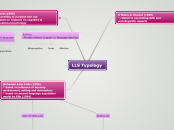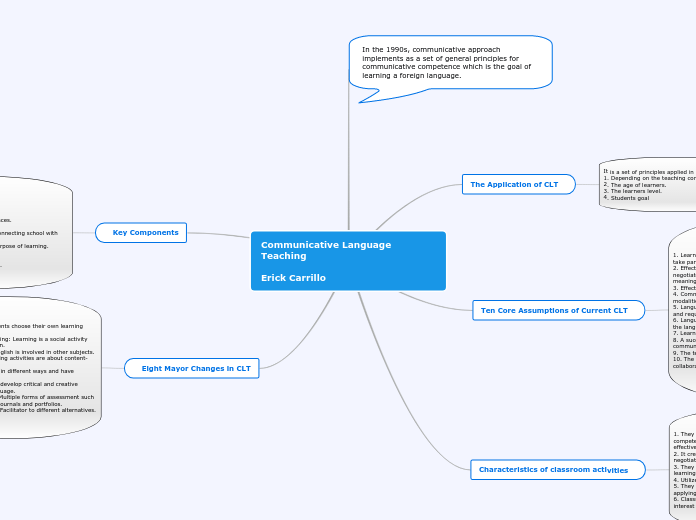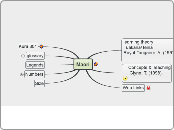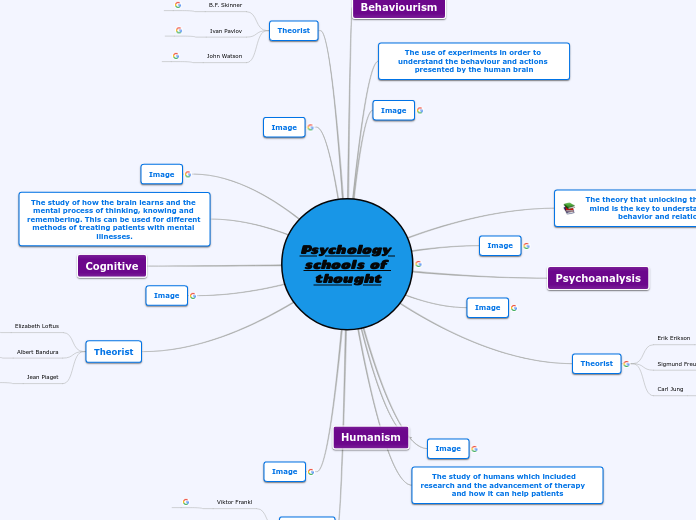av Zulaikha Zulkflee 8 år siden
960
LLS Typology
The typology of language learning strategies, as explored by Mohamed Amin Embi, emphasizes the influence of the learning environment and the second language acquisition model. Strategies are categorized based on their context, such as exam preparation, out-of-class activities, and classroom interactions.









